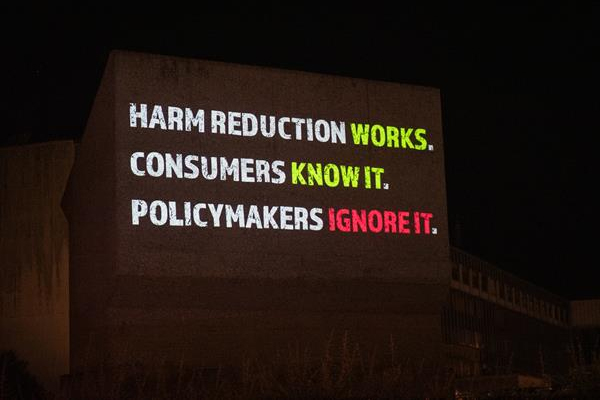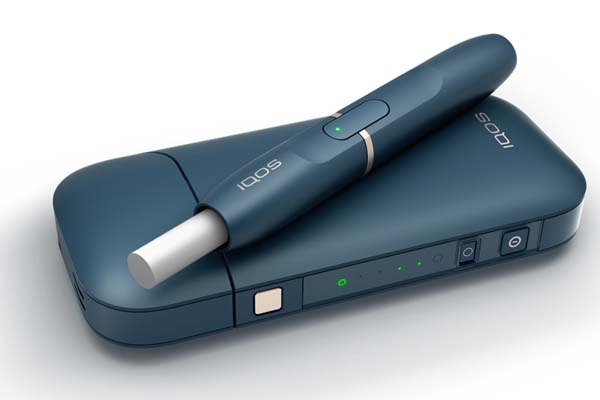Bret Koplow, Acting Director of the FDA Center for Tobacco Products (CTP), outlined a notable change in the agency’s approach to tobacco regulation, emphasizing tobacco harm reduction as a central principle, as he opened the Food and Drug Law Institute (FDLI) Tobacco and Nicotine Policy Conference on October 28.
Chris Allen, CEO of UK-based consultancy Broughton, called the keynote “one of the most significant speeches we’ve heard in years,” marking the FDA’s first public acknowledgment of harm reduction as a principle embedded in its regulatory framework in years, while public health expert Cliff Douglas posted on X that the speech was “refreshing and potentially groundbreaking,” noting Koplow’s clear articulation of the benefits of switching from cigarettes to alternative products.
According to social media posts from the two experts, Koplow highlighted the importance of streamlining review and authorization processes to make harm reduction measures effective, and said the FDA will soon provide guidance on the continuum of risk for tobacco and nicotine products and signaled potential support for expanding flavored e-cigarettes using age-gating technology if they serve public health goals. He also stressed the need for a regulated marketplace of authorized reduced-risk products, warning that without proper oversight, unregulated alternatives could dominate the market.
“This is encouraging, but we will need to see what form this takes and how well it is executed. The follow-up panel on the future of tobacco policy in the context of #MAHA [Make America Healthy Again] correctly highlights the welcome change in tone in Director Koplow’s remarks,” Douglas wrote, referencing the conference’s opening panel,
The Future of Tobacco Policy: Aligning CTP’s Present with MAHA’s Vision, which featured industry experts Beth Oliva, Cheryl K. Olson, Jeff Weiss, Jeffrey Willett, and Robyn Gougelet. “This should not be overlooked, as his clear articulation of the benefits of switching from cigarettes to pouches and vapes, for example, is refreshing and potentially groundbreaking.”
Allen agreed, saying that the industry has sought FDA clarity for years.
“This was more than a language shift. It was a reframing of how CTP interprets the ‘appropriate for the protection of public health’ standard at the heart of the Tobacco Control Act,” Allen wrote. “This shift opens the door for more transparent communication on relative risk, more efficient regulatory pathways, and ultimately, a more pragmatic approach to reducing smoking-related disease and death.
“It’s not just a policy update, it’s a philosophical evolution.”
After speaking on the MAHA panel that followed Koplow’s remarks, Olson said it was a pleasure hearing the director’s talk about shifting schemes.
“Government framing of nicotine is overdue for a rethink,” Olson wrote on LinkedIn. “Smoking rates are stuck among vulnerable groups such as older adults. If you look at what government websites say about smoking cessation, they mostly give the same advice they’ve given for decades. The old HHS Framework assumes that people who smoke are passive victims of industry manipulation.
“If MAHA is about empowering people to make choices…that could help create a new framework that puts the needs of people who use nicotine at the center.”










